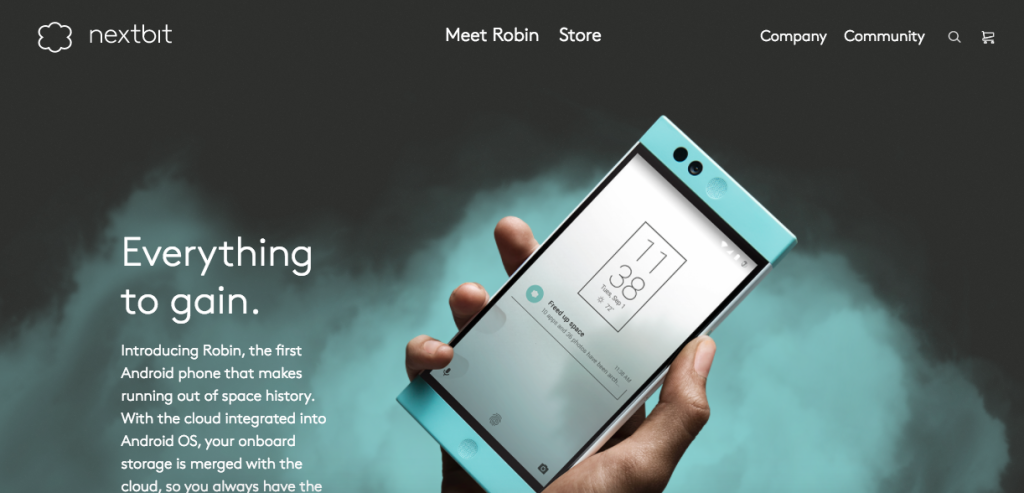Will Razer be releasing the ultimate gaming smartphone?
Last week, gaming hardware maker Razer bought Nextbit, a two-year-old smartphone start-up. That could mean only one thing: Razer will certainly make a smartphone.
Nextbit makes an Android smartphone called Robin. Launched last year, it comes with 100GB of cloud storage, and stores the user’s apps and data in the cloud.
Nextbit was founded by Tom Moss and Mike Chan, both formerly from Google’s Android team. Lead designer Scott Croyle was previously in HTC responsible for some of HTC’s best smartphones, like the HTC One M8.
In an interview with tech website TechCrunch following the announcement of the acquisition, Razer co-founder and chief executive Tan Min Liang said that “it was really the software and design talent we wanted to bring in”. And if Razer is serious in making a smartphone, this is what it needs to do.
In May last year, I wrote that a Razer smartphone would be a natural progression for a company that has a cult following in the electronic gaming fraternity.
My commentary was a reaction to a tweet then by Mr Tan about a job opening in Razer for a mobile product developer.
Now with the purchase of Nextbit, it is no longer the case of whether Razer will launch a smartphone, but when.
Given that Razer took nearly three years to launch its first gaming laptop – the Blade – after the 2008 acquisition of ultra-mobile computer maker OQO’s core engineering team, it might be a while before we see a smartphone with the triple-snake logo.
The next question: Will it be a gaming-centric smartphone?
We have seen gaming-centric smartphones with dedicated gaming controls and buttons that did really badly in the past. Remember the Nokia N-Gage or Sony Ericsson Xperia Play?
But I think that Razer will be smart enough not to follow in the footsteps of N-Gage or Play, especially given that it had little success with its own Edge Pro gaming tablet that has controller handles on its sides.
From Mr Tan’s comments, I think the Razer smartphone will probably integrate Nextbit’s cloud with its own Synapse cloud-based software.
Just imagine all your PC gaming settings being transplanted into your smartphone via the cloud, and you can start using these settings the moment you power up the phone.
Plus, just like how the Nextbit Robin stores apps in the cloud, perhaps the Razer smartphone can store games in the cloud and stream the games for you to play when you need them.
To do that, the Razer smartphone will need to have a really high-end chip and graphics processor, along with lightning-fast Wi-Fi or 5G connectivity. It will also need a long battery life for those marathon gaming sessions.
But with Razer’s rich heritage in making accessories, having extra battery packs or Bluetooth controllers for the smartphone will be easy and it makes much business sense as well.
If all these technologies are going to be stuffed into a tiny slab, there is one thing that I am pretty sure about – the Razer smartphone is not going to be cheap. CBB
